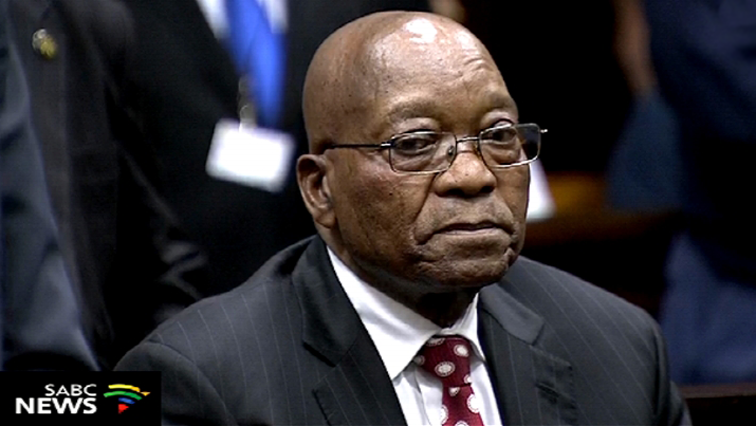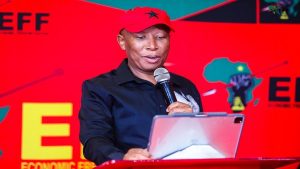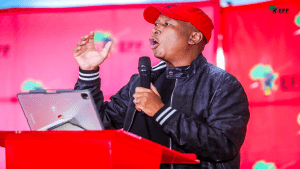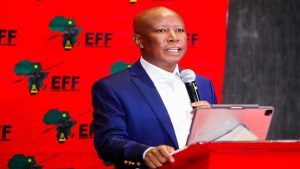Former president Jacob Zuma insists that there’s nothing untoward about the state funding his criminal case. He is appealing the December 2018 High Court order, which set aside the decision by the state to pay for legal costs relating to his criminal prosecution.
Zuma, the DA and the EFF have filed papers in the Supreme Court of Appeal (SCA) in Bloemfontein.
The former president has argued that charges against him were prompted by political vengeance and acrimony.
In papers before the SCA, Zuma contends that charges against him were leveled in his capacity as a public office-bearer and that it is unfair and discriminatory to withhold state legal funds for his legal battle.
Jacob Zuma wants SCA to reverse High Court’s decision on personal costs for litigation:
Zuma is facing racketeering, corruption, money laundering and 12 fraud charges, among others.
The charges emanate from the country’s procurement of arms in the 1990s. Zuma is alleged to have received bribes in return for providing political protection to one of the winning bidders, French company, Thales.
The criminal case has now cost the state more than R16 million.
Zuma takes issue with the delay of the DA and EFF in initiating the review application. He argues that the EFF’s High Court application was not brought within a reasonable time.
The former president submits that EFF leader, Julius Malema, should have known about the decision to fund private legal costs from at least 2008 and that although the EFF was founded in 2013, the party could have questioned the decision soon after.
The EFF retorted, saying Zuma had manipulated the system relating to his legal fees.
However, legal expert, Sekonyela Moeketsi, says Zuma relies on Section 3 of the Attorneys, Act which allows him to be assisted with legal costs like any other state employee.
“The former president actually relies on Section 3 of the Attorneys Act which allows him to be assisted with legal costs, like any other state employee, where they incurred those costs while in office. So, the court ruled that he should pay his costs. Now, what the court here will look at is what are the provisions of Section 3, which clearly states that a person should be covered with the costs.”
State not liable
The High Court declared that the state was not liable for the legal costs incurred by Zuma in his criminal prosecution. The court also set aside the decision by the Presidency and the State Attorney for the state to cover those costs.
Legal expert, Machini Motloung, nonetheless agrees with Moeketsi that there’s a legal basis for the state to fund the former president’s legal costs.
“There’s legal basis for the opposition of request by Zuma to have his legal costs funded by the state. And there are quite solid grounds in opposing that move and I’m of the view that the court will pronounce in favour of the opposition, the DA and EFF in this matter.”
Meeting with Malema strategic
Moeketsi says the meeting between Malema and Zuma is strategic.
It comes after the former president said he would defy a Constitutional Court ruling, ordering him to do so.
“And it may be the same now in the raging the attack against the current president Ramaphosa. They will want to work their relations with Zuma for whatever support if they may need support somewhere or it may purely be because they want to talk about the current legal issues that are of Zuma’s reaction on the Constitutional Court decision. It may be a variety of issues, but it may not have any bearing in the current case before court.”
Zuma has denied using stalling tactics to avoid criminal prosecution. The SCA matter will be heard in March.
Vuyani Pambo briefs the media following Jacob Zuma’s meeting with Julius Malema:






